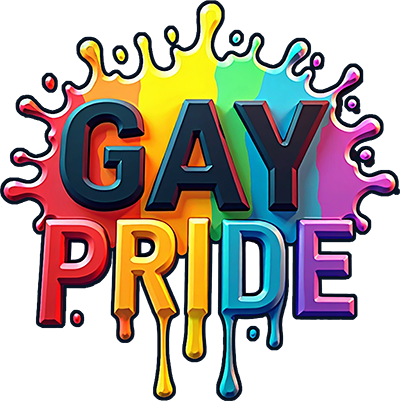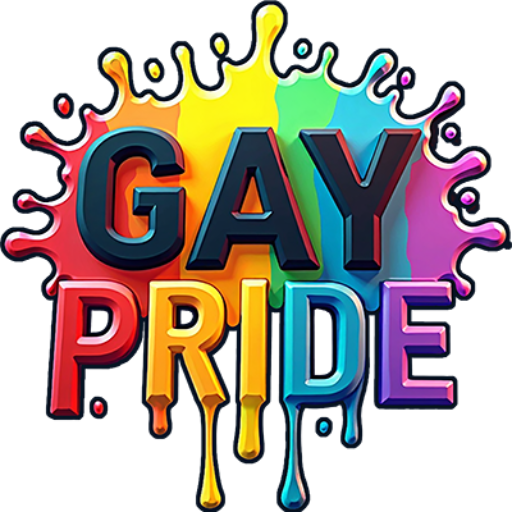LGBTQ Elders: Honoring Their Legacy 🌈
The journey toward equality has been a long and arduous one, paved by the relentless efforts of countless individuals. Among these pioneers are the LGBTQ elders who have lived through decades of change, fighting for the rights and recognition many enjoy today. Their stories and contributions form an essential part of history, providing invaluable lessons and inspiration for future generations.
Table of Contents
1. The Importance of Recognizing LGBTQ Elders
2. Contributions and Achievements 🎉
3. Challenges Faced Over the Decades
4. How We Can Honor Their Legacy Today
5. Conclusion: A Legacy Worth Preserving
6. FAQ
The Importance of Recognizing LGBTQ Elders
LGBTQ elders have witnessed an incredible evolution of social attitudes and legal landscapes. Yet, their stories often remain untold or underappreciated. Recognizing LGBTQ elders is crucial not only for historical accuracy but also for understanding the struggles and triumphs that have shaped the current LGBTQ landscape.
By bringing their stories to light, we foster a deeper appreciation and understanding of the courage and resilience required to fight for equality. This acknowledgment helps bridge generational gaps, ensuring that the lessons from the past inform and inspire present and future activism.
Contributions and Achievements 🎉
The achievements of LGBTQ elders are vast and varied, from grassroots activism to groundbreaking legal battles. Pioneers like Marsha P. Johnson and Sylvia Rivera were pivotal in the Stonewall Riots, a cornerstone event that ignited the modern LGBTQ rights movement. Their bravery in the face of adversity laid the groundwork for future progress.
Moreover, countless others have contributed in various fields, including arts, literature, politics, and healthcare. Authors like James Baldwin and Audre Lorde used their words to challenge societal norms and promote acceptance, while politicians such as Harvey Milk took their fight to the political arena, advocating for policy changes that would ensure equal rights.
Challenges Faced Over the Decades
The path to acceptance and equality has been fraught with challenges. LGBTQ elders have faced systemic discrimination, social ostracism, and personal hardships. During the early years, many lived in fear, unable to express their true identities openly. The AIDS crisis of the 1980s further compounded these challenges, decimating communities and leaving a profound impact on survivors.
Despite these obstacles, LGBTQ elders exhibited unwavering strength and resilience. Their ability to navigate a world that often marginalized them is testament to their indomitable spirit and commitment to justice.
How We Can Honor Their Legacy Today
Honoring the legacy of LGBTQ elders involves more than just acknowledgment; it requires action. Here are a few ways we can pay tribute to their contributions:
1. Share Their Stories 📚: Amplify the voices of LGBTQ elders by sharing their stories through writing, documentaries, and social media. This not only preserves their legacy but also educates others about the history and struggles they have endured.
2. Support LGBTQ Organizations: Many organizations focus on the needs of LGBTQ elders, providing essential services and advocacy. Supporting these organizations through donations or volunteer work can make a significant impact.
3. Advocate for Policies: Push for policies that address the unique needs of LGBTQ elders, such as healthcare, housing, and anti-discrimination laws. Ensuring they have access to necessary resources is a vital aspect of honoring their contributions.
4. Foster Intergenerational Connections: Encourage dialogue between younger and older generations within the LGBTQ community. These interactions can provide valuable insights and foster a sense of continuity and solidarity.
Conclusion: A Legacy Worth Preserving
LGBTQ elders have spent their lives fighting for the rights and acceptance that many enjoy today. By honoring their legacy, we ensure that their efforts were not in vain and that their contributions continue to inspire future generations. Let us celebrate their achievements, learn from their struggles, and work together to build a more inclusive and equitable world for all.
FAQ
1. Why is it important to recognize LGBTQ elders?
Recognizing LGBTQ elders is crucial for preserving history and understanding the struggles and contributions that have shaped the current landscape of LGBTQ rights. It fosters appreciation and informs future advocacy efforts.
2. How can I support LGBTQ elders in my community?
You can support LGBTQ elders by volunteering with or donating to organizations that focus on their needs, advocating for policies that protect their rights, and fostering intergenerational connections within the community.
3. What challenges do LGBTQ elders face today?
LGBTQ elders face challenges such as healthcare disparities, social isolation, and discrimination. Addressing these issues requires targeted policies and community support to ensure they receive the respect and care they deserve.
4. How have LGBTQ elders influenced modern rights movements?
LGBTQ elders laid the groundwork for modern rights movements by participating in pivotal events like the Stonewall Riots, advocating for policy changes, and challenging societal norms through various forms of activism.

